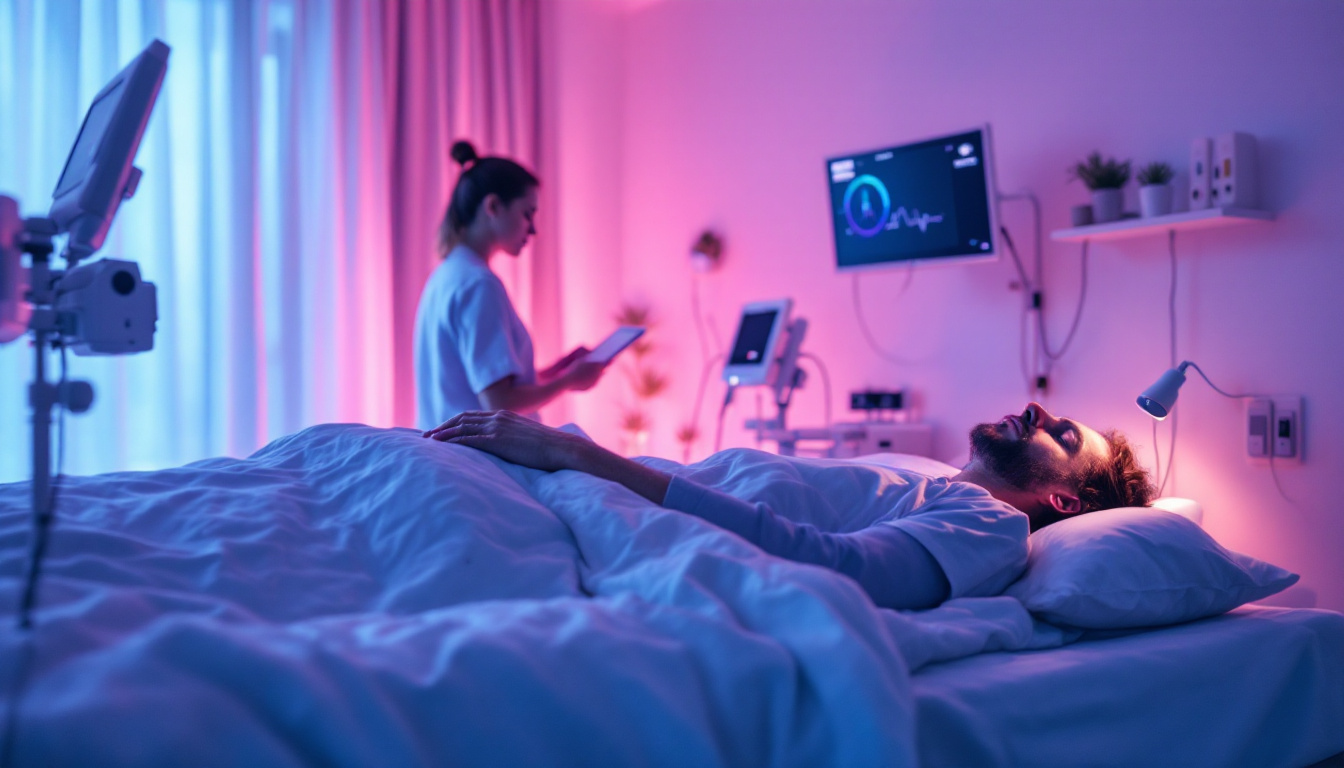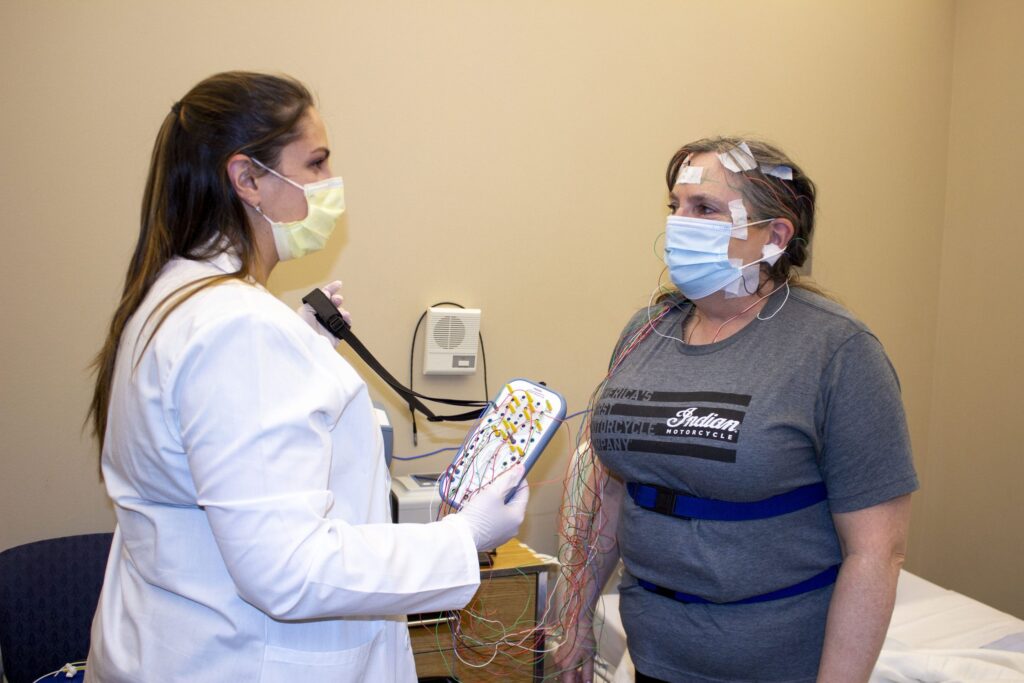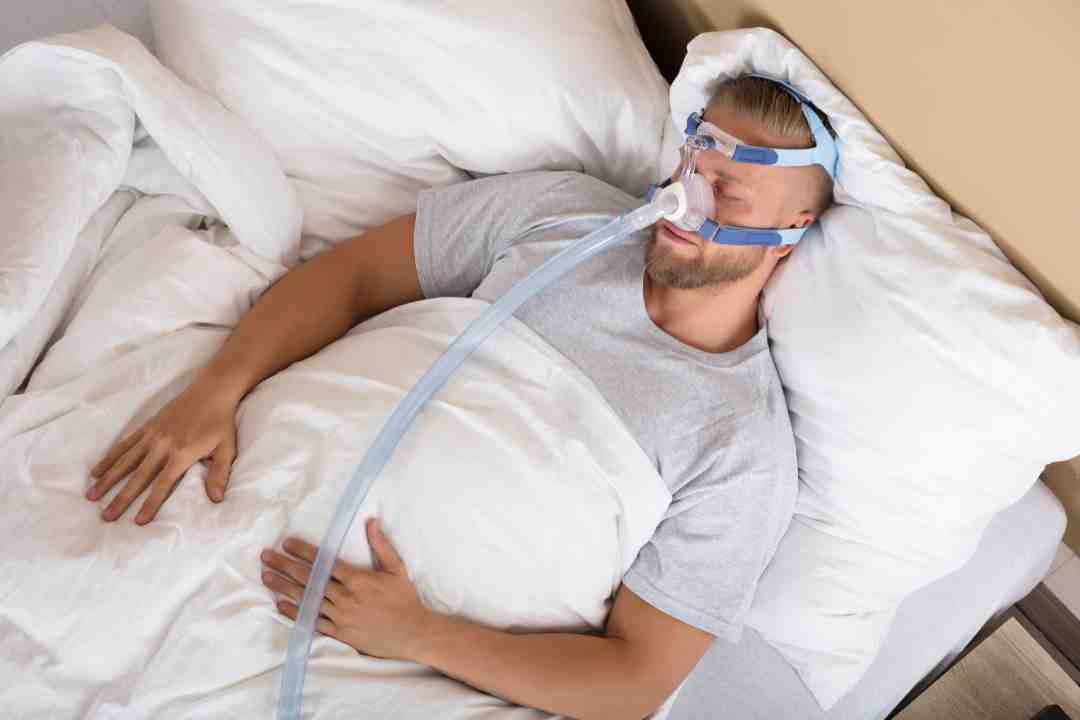Sleep is a vital component of overall health and well-being, yet many individuals struggle with various sleep disorders. If you find yourself waking up feeling unrefreshed, experiencing excessive daytime sleepiness, or battling insomnia, a sleep test may be the next step towards understanding your sleep patterns better. This article will guide you through what to expect during a sleep test in Perth and where you can go to get the help you need.
Understanding Sleep Tests
Sleep tests, also known as polysomnography, are diagnostic tools used to monitor and analyse sleep patterns. They help identify disorders such as sleep apnoea, restless leg syndrome, and other sleep-related issues. By measuring brain activity, eye movement, heart rate, and oxygen levels, healthcare professionals can gain valuable insights into your sleep quality.
Understanding your sleep patterns is crucial for maintaining overall health and well-being. If you suspect you may have a sleep disorder, a sleep test Perth can provide valuable insights and pave the way for effective treatment. Whether you choose an in-lab or home sleep test, being informed about the process can help alleviate any concerns and ensure a smooth experience.
Types of Sleep Tests
There are primarily two types of sleep tests: in-lab polysomnography and home sleep tests. In-lab tests are conducted in a sleep centre, where you will spend the night connected to various monitoring devices. This method provides comprehensive data and is often recommended for complex sleep disorders.
On the other hand, home sleep tests are more convenient and can be conducted in the comfort of your own home. These tests typically involve a portable device that monitors your breathing, heart rate, and oxygen levels while you sleep. While they are less comprehensive than in-lab tests, they are a suitable option for many individuals, especially those suspected of having obstructive sleep apnoea.
Who Should Consider a Sleep Test?
A sleep test may be appropriate for anyone experiencing persistent sleep issues. Common symptoms prompting a sleep study include:
- Loud snoring
- Choking or gasping during sleep
- Chronic fatigue
- Difficulty falling or staying asleep
- Frequent headaches upon waking
If you recognise any of these symptoms in yourself or a loved one, it is advisable to consult a healthcare professional who can recommend the appropriate course of action.
Preparing for Your Sleep Test
Preparation for a sleep test is straightforward, but there are several important steps to ensure accurate results. Understanding these steps can help alleviate any anxiety associated with the procedure.
Consultation with a Healthcare Provider
Before undergoing a sleep test, a consultation with a healthcare provider is essential. During this appointment, you will discuss your sleep history, symptoms, and any relevant medical conditions. The doctor may also ask about your lifestyle, including caffeine and alcohol consumption, as these can significantly impact sleep quality. Learn more about quality on https://hsa.edu.pk/course/healthcare-quality-management/
Based on this discussion, your healthcare provider will determine whether an in-lab or home sleep test is more appropriate for your situation. They will also provide you with specific instructions on how to prepare for the test.
What to Bring and Wear
If you are undergoing an in-lab sleep test, it is advisable to bring along any personal items that will help you feel comfortable, such as your pillow or favourite blanket. You should also wear loose-fitting, comfortable clothing to promote relaxation during the test.
For home sleep tests, you will receive a portable device that you will need to set up before going to bed. Instructions will be provided, and it is crucial to follow them carefully to ensure accurate readings. You may also be advised to avoid alcohol and caffeine on the day of the test, as these substances can interfere with sleep patterns.
What to Expect During the Sleep Test
Understanding what happens during a sleep test can help alleviate any apprehensions you may have. Whether you are in a sleep centre or at home, the process is designed to be as comfortable and unobtrusive as possible.

In-Lab Sleep Test Experience
Upon arrival at the sleep centre, you will be greeted by a sleep technician who will explain the procedure and answer any questions you may have. After changing into your sleepwear, the technician will attach electrodes to your scalp, face, chest, and legs. These sensors will monitor brain waves, muscle activity, and heart rate throughout the night.
Once you are connected, you will be guided to a private room where you can relax and prepare for sleep. It is important to remember that while the sensors may feel slightly uncomfortable, they should not cause pain. The technician will remain nearby to monitor your progress and ensure everything is functioning correctly.
Home Sleep Test Experience
For those opting for a home sleep test, the process is even more straightforward. You will receive a portable monitoring device that you will wear while you sleep. This device typically includes sensors for measuring airflow, oxygen levels, and heart rate. Instructions on how to set up and use the device will be provided, and you will need to return it the following day for analysis. Click here to find more about oxygen.
While at home, it is essential to maintain your regular sleep routine to ensure accurate results. This includes going to bed at your usual time and following any specific guidelines provided by your healthcare provider.
Interpreting the Results
Once the sleep test is complete, the data collected will be analysed by a sleep specialist. This process may take several days, depending on the complexity of the test and the workload of the clinic. Understanding the results is crucial for determining the next steps in your treatment plan.
Common Findings from Sleep Tests
The results of a sleep test can reveal a variety of conditions. One of the most common findings is obstructive sleep apnoea, characterised by repeated interruptions in breathing during sleep. Other potential diagnoses include:
- Central sleep apnoea
- Periodic limb movement disorder
- Insomnia
- Parasomnias (e.g., sleepwalking, night terrors)
Each diagnosis will require a different approach to treatment, which may include lifestyle changes, the use of a CPAP machine, or medication.
Follow-Up Consultation
After receiving your results, a follow-up consultation with your healthcare provider is essential. During this appointment, you will discuss the findings and explore potential treatment options tailored to your specific needs. This discussion may also include recommendations for lifestyle changes, such as weight management, sleep hygiene practices, and stress reduction techniques.
Where to Get a Sleep Test in Perth
Perth offers a range of facilities where you can undergo a sleep test, from dedicated sleep clinics to hospitals with sleep disorder units. Choosing the right facility is crucial for receiving quality care and accurate results.

Top Sleep Clinics in Perth
Several reputable sleep clinics in Perth are known for their expertise in diagnosing and treating sleep disorders. Here are a few options to consider:
- Perth Sleep Disorders Centre: This centre offers comprehensive sleep assessments, including in-lab and home sleep tests. Their team of specialists is dedicated to providing personalised care and effective treatment plans.
- Sleep Health Foundation: With a focus on research and education, this foundation provides various sleep services, including diagnostic testing and treatment options.
- Royal Perth Hospital: The hospital has a dedicated sleep unit that offers diagnostic services and treatment for a range of sleep disorders.
When selecting a facility, consider factors such as location, availability, and the qualifications of the healthcare providers. It may also be beneficial to read reviews or seek recommendations from friends or family.
Insurance and Costs
Before scheduling a sleep test, it is advisable to check with your health insurance provider regarding coverage for sleep studies. Many policies cover at least part of the costs associated with sleep tests, but coverage can vary significantly. Understanding your financial obligations ahead of time can help avoid unexpected expenses.
For those without insurance, inquire about the costs associated with the sleep test at your chosen facility. Some clinics may offer payment plans or financial assistance for those in need.
Conclusion
By addressing sleep issues proactively, individuals can improve their quality of life, enhance daytime productivity, and foster better health in the long run. Don’t hesitate to reach out to a healthcare provider to discuss your sleep concerns and explore the possibility of undergoing a sleep test.
Read more at: Home Sleep Study Perth The Benefits of At-Home Sleep Testing


